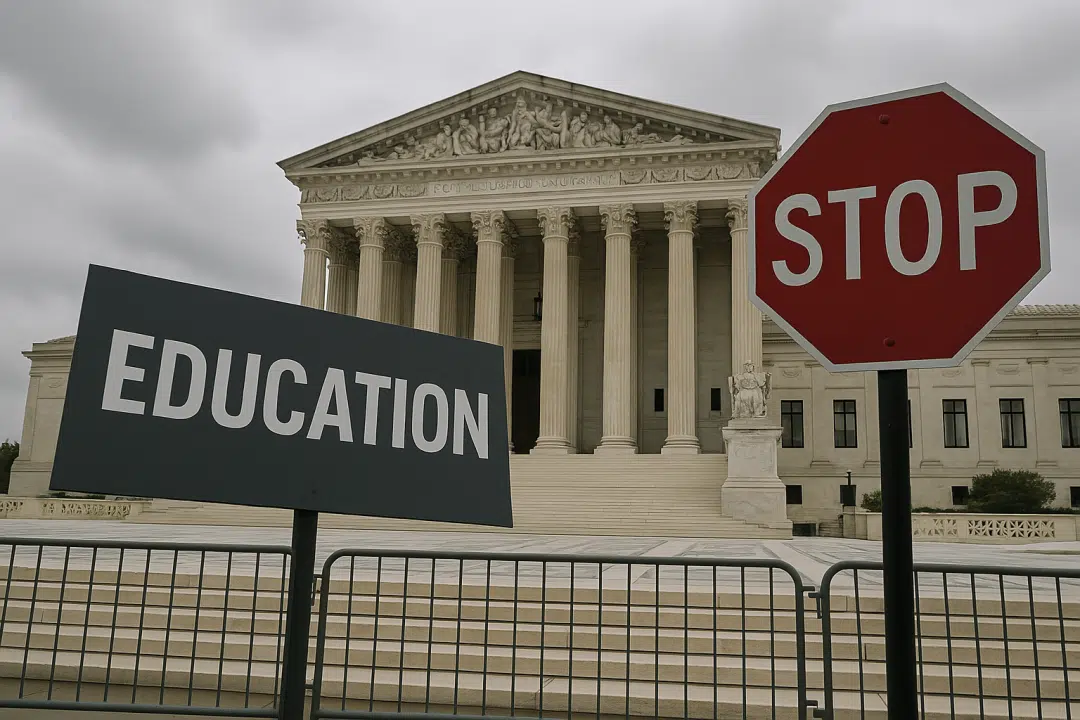Federal Education Grants Tied to DEI Programs Terminated Amid Legal Showdown

In a high-stakes legal battle over education funding and federal authority, the U.S. Supreme Court has allowed the Department of Education to proceed with canceling over 100 education grants, many of which supported diversity, equity, and inclusion (DEI) initiatives.
The ruling came just days before a lower court’s temporary restraining order was set to expire. It’s a major legal win for the federal government and a blow to a coalition of states—led by California—fighting to keep the grants active.
What Did the Supreme Court Decide?
In a short opinion, the Court approved the Department of Education’s emergency request. This allows the agency to cancel two major grant programs:
- Teacher Quality Partnership (TQP)
- Supporting Effective Educator Development (SEED)
The Department said the grants no longer met agency priorities and violated new DEI restrictions.
The Court found that the lower court likely lacked jurisdiction under the Administrative Procedure Act (APA). It also agreed that paying out the grants now could create irreversible financial losses for the government.
Who Is Affected by the Grant Cancellations?
The grants supported teacher development programs in public universities and school districts. Many aimed to place trained educators in underserved communities.
States hit hardest include California, Massachusetts, New Jersey, and Illinois. Reports show that:
- Teacher training programs have paused or shut down
- Educator jobs tied to these grants may be lost
- Planned school partnerships are now in limbo
Dissenting Justices Respond
Justices Kagan, Jackson, and Sotomayor dissented, arguing the Court acted prematurely.
“The Government does not even deign to defend the lawfulness of its actions,” wrote Justice Jackson.
She added that the terminations came with vague explanations and lacked due process. Jackson criticized the Department for making sweeping changes without proper review, which could violate federal administrative law.
Legal Issues Behind the Case
At the heart of the case is whether courts can block the Department of Education from canceling grants. The federal government argued that only the Court of Federal Claims has the authority to decide on grant payment disputes. The states argued the cancellations violated the APA because the Department failed to follow proper procedures.
Why This Matters for Education Policy and DEI Programs
This case highlights growing national debates around DEI programs in public education. The Department, under pressure to reduce perceived “race-based preferences,” has applied stricter rules to its grants. Officials now review programs to ensure they align with “non-discriminatory” guidelines.
The result has been a sharp drop in support for programs that explicitly promote racial equity or cultural competency in schools.
What’s Next?
- The Court’s ruling serves as a temporary pause of lower court orders.
- The case now moves to the First Circuit Court of Appeals.
- If the losing states appeal to the Supreme Court again, the stay will remain in place until a final ruling.
In the meantime, states and education groups are seeking broader legal protections to preserve the funding and programs already underway.
🔑 Key Takeaway
The Supreme Court backed the Department of Education’s move to terminate major education grants tied to DEI initiatives. The decision reshapes how federal agencies can cancel previously awarded funding—and sets the stage for more legal battles over the future of equity-based education programs.
